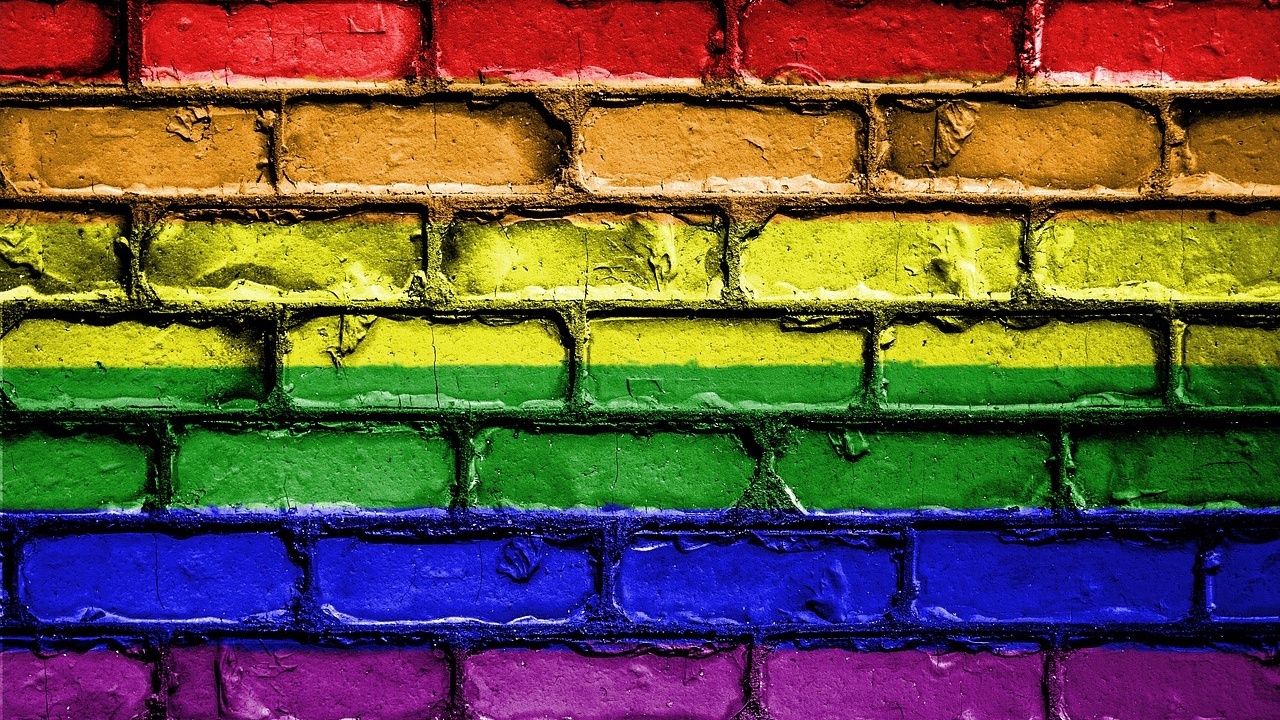LGBTQ+ Friendly Therapy

Why even talk about “LGBTQ+ friendly” therapy?
It’s important to remember that lesbian, gay, bisexual, transgendered and gender-questioning (LGBTQ+) individuals seek therapy for the exact same issues, problems and concerns as anyone else. However, they are also affected by having to live in a homophobic and transphobic world.
What additional problems may you want to address in therapy if you’re LGBTQ+?
- Coming Out
Coming out refers to the process of acknowledging your own sexual orientation or gender identity, deciding whom to talk about it with and how you can do that. Coming out is in reality a process which occurs again and again throughout life for most LGBTQ+ individuals.
Examples of coming out issues commonly explored in therapy include:
- Do you need a safe place to discover your sexual orientation? Are you battling internalized shame or anxiety about what it is to be LGBTQ+?
- If you’re LGBTQ+, you may be at ease with your sexual identity yourself, but fear rejection by people you’re closest to.
- Perhaps you fear discrimination at work.
- You may also be questioning what it says about your identity if you unaccountably find yourself attracted to someone of a new gender.
- Coming out issues are not limited to the LGBTQ+ individuals – parents of LGBTQ+ children may seek therapy in order to help them help understand how best to support their child in coming out, whilst partners of transitioning men and women may also find they need the support provided by therapy.
- Relationship Problems
Stigma and shame and our upbringing all affect our ability to have healthy relationships and attitudes to our own sexuality, regardless of where we are on the spectrum.
For example:
- Are you having difficulties with your ability to form and maintain wholesome relationships?
- Are you questioning whether or not your sexual behaviour is compulsive or reactive?
- Are you wondering whether or not monogamy works for you and considering your options for about exploring other choices?
- Do you identify as polyamorous and fear this becoming pathologized as negative by other people?
- Are you fetishistic?
- Are you wanting to look at the distinction between BDSM and abuse?
- If you’re bisexual, have you grown tired of explaining that this doesn’t necessarily equal non-monogamous or that you’re unable to commit?
- Homophobia-related trauma
LGBTQ+ people encounter the same range of traumatic events as heterosexual individuals. However, they may additionally experience trauma that emerges as a direct result of homophobic policy, practice and behaviour in the community and beyond.
- You may have experienced bullying as a child or adolescent as a result of your presumed sexual orientation or gender identity.
- You may have encountered physical or sexual assault (gay bashing).
- You may have encountered same-sex domestic violence, which brings with it even more stigma and barriers to appropriate support.
- You may have experienced earlier therapy which concentrated on attempting to “cure” your sex orientation or gender variance or characterized as part of a particular pathology.
- You may have been traumatized by cultural institutions that continue to stigmatize LGBTQ+ people and identities.
- Were you rejected by your faith community? Discharged from the military? Shunned by friends or family members? Dismissed from a job?
- If you’re bisexual, are you dealing with misconceptions from straight and queer culture alike?
These are all traumatic events that can be examined in therapy.
- Accessing Support from Within LGBTQ+ Communities
We frequently speak about the LGBTQ+ “community”, as if there were only one! In reality there are lots of sub-communities and discovering your particular niche can prove hard initially. Therapists with awareness of the communities locally and further afield can assist you in looking for support and people who are able to meet your needs socially. LGBTQ+ affirming churches, support groups, recreational activities are all readily available if you know exactly where to look.
Why look for a therapist with awareness of/expertise in LGBTQ+ culture and problems?
In order for the LGBTQ+ individual to have a positive and beneficial experience of therapy it’s essential that his/her/their therapist has a thorough understanding of the therapeutic problems presented inside the context of homophobia and transphobia.
LGBTQ+ friendly therapists understand that you consist of much more than simply your sexual orientation and/or gender identity. This being the case, it’s obvious that there are reasons other than sexual orientation and/or gender identity that cause LGBTQ+ people to look for therapy! At the same time, it’s essential for the therapist to “get” the complex ways in which societal prejudice and discrimination produce issues that LGBTQ+ customers may seek to address in therapy.
Although things have improved dramatically over the last few decades, many institutions and individuals within our society continue to maintain anti-LGBTQ+ biases, such that growing up LGBTQ+ is frequently a stigmatizing and traumatic experience. If you’ve been felt stigmatized by others simply because of your sexual orientation or gender identity, the last thing you want to be investing valuable time in is educating your new therapist about your orientation or identity, or discussing about your sexuality/gender ad infinitum simply because your therapist thinks it’s a “problem.” You’ve a right to a therapist who is both affirming and knowledgeable about the LGBTQ+ communities.
